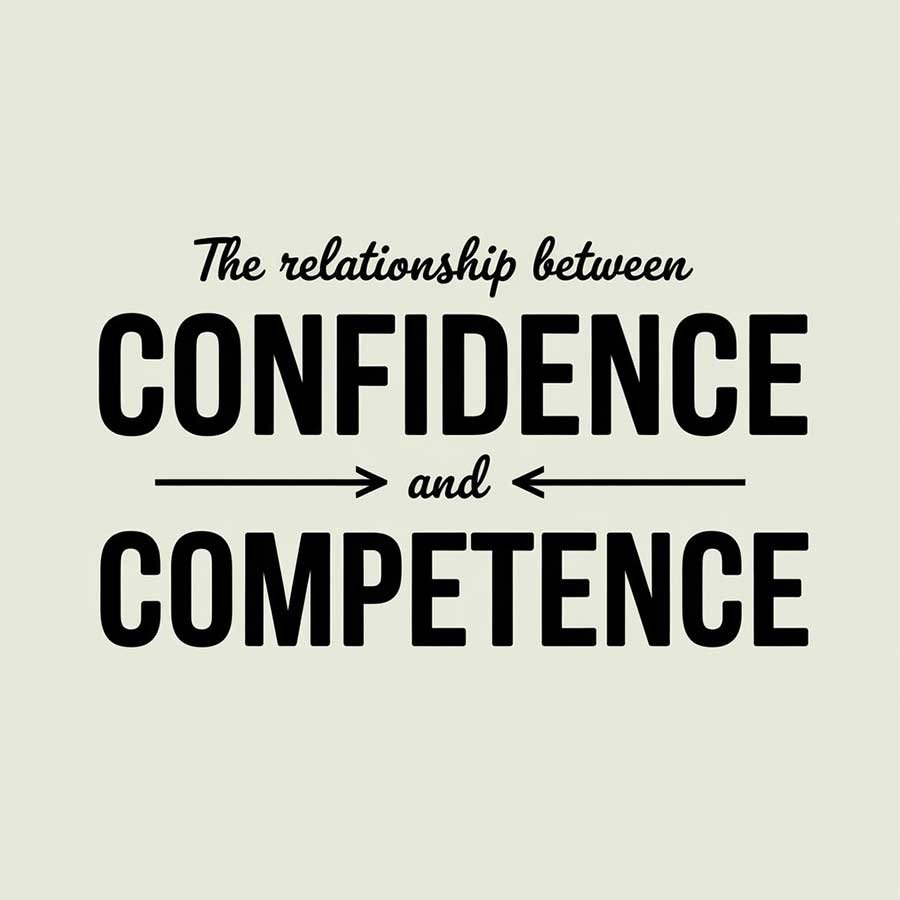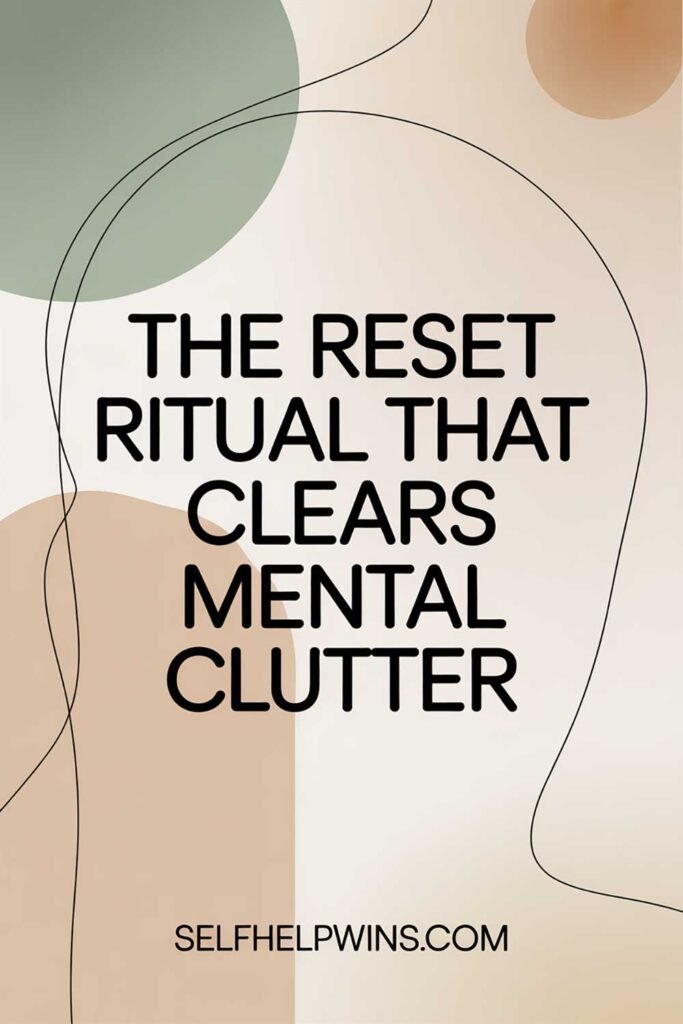
The Relationship Between Confidence and Competence
Understanding Confidence and Competence
Confidence and competence are closely intertwined, yet they represent different aspects of personal and professional development. While confidence is the belief in one’s ability to succeed, competence is the actual skill or ability to perform a task effectively. The relationship between these two qualities plays a crucial role in personal growth, career advancement, and overall success.
Confidence without competence can lead to overestimation of abilities, while competence without confidence may cause underperformance despite having the necessary skills. Striking the right balance between these two traits is key to becoming a well-rounded and successful individual.

The Cycle of Competence and Confidence
The relationship between confidence and competence forms a reinforcing cycle:
- Learning and Practicing a Skill – As you gain knowledge and experience, your competence grows.
- Gaining Small Wins – Achieving success in small tasks builds confidence in your abilities.
- Increased Confidence Leads to More Challenges – A confident mindset encourages you to take on bigger challenges, further improving competence.
- Competence Enhances Self-Trust – As skills improve, self-belief strengthens, resulting in higher confidence.
This cycle continues as long as you remain committed to learning and growth.
How Confidence Affects Competence
1. Confidence Encourages Action
A confident person is more likely to take initiative, try new things, and embrace challenges. When you believe in yourself, you’re willing to step outside your comfort zone, which naturally leads to skill development and competence.
2. Confidence Improves Performance
Studies show that people who are confident tend to perform better because they trust their abilities and focus on solutions rather than fears. Confidence enables you to stay calm under pressure, make decisions effectively, and persist through setbacks.
3. Confidence Reduces Fear of Failure
Many people avoid learning new skills due to fear of failure. Confidence allows you to embrace mistakes as learning experiences rather than roadblocks, fostering resilience and continuous improvement.
How Competence Builds Confidence
1. Mastery Creates Self-Assurance
The more proficient you become in a skill, the more naturally confident you feel. Mastery removes self-doubt and replaces it with certainty in your abilities.
2. Knowledge Eliminates Imposter Syndrome
Imposter syndrome—feeling like a fraud despite achievements—is common among those who lack confidence in their competence. Gaining expertise in a field can silence these doubts and reinforce self-belief.
3. Competence Provides Real-World Proof
Each time you successfully complete a task, you gather tangible evidence of your abilities. This proof reinforces your self-perception, strengthening confidence over time.
The Dunning-Kruger Effect: When Confidence and Competence Are Misaligned
The Dunning-Kruger Effect explains how people with low competence tend to overestimate their abilities, while highly skilled individuals may underestimate theirs.
- Low competence, high confidence: Leads to overconfidence without the necessary skill to back it up, which can result in poor decisions and mistakes.
- High competence, low confidence: Causes individuals to second-guess their abilities, preventing them from fully utilizing their expertise.
- Balanced competence and confidence: Achieved through continuous learning and self-awareness, leading to well-grounded confidence and effective decision-making.
Strategies to Strengthen Both Confidence and Competence
1. Adopt a Growth Mindset
Recognize that skills and confidence are not fixed—they develop with effort and persistence. Embrace learning opportunities and seek challenges that push your limits.
2. Set Small, Achievable Goals
Break larger goals into smaller steps. Each success builds confidence and demonstrates growing competence, reinforcing the confidence-competence cycle.
3. Seek Feedback and Learn from Mistakes
Constructive feedback helps you recognize areas for improvement while validating strengths. Learning from mistakes enhances competence and teaches resilience.
4. Surround Yourself with Supportive People
Engage with mentors, colleagues, and friends who encourage growth. A supportive environment boosts confidence and provides learning opportunities.
5. Practice and Repetition
Confidence grows through repetition. The more you practice a skill, the more second-nature it becomes, increasing both competence and self-assurance.
6. Acknowledge and Celebrate Progress
Recognizing achievements, no matter how small, builds confidence. Keep track of improvements and celebrate personal growth milestones.
Picture This
Imagine stepping into a situation where you once felt uncertain—perhaps speaking in front of a crowd, leading a team, or learning a new skill. Now, instead of hesitation, you feel prepared and assured. Your competence has grown through practice, and with it, your confidence has strengthened. You tackle challenges with ease, knowing that each experience builds both skill and self-belief. This is the power of aligning confidence with competence.
Share This with Someone Who Needs It
If this guide resonated with you, share it with a friend or colleague who may struggle with confidence or competence. Together, we can cultivate a mindset of continuous learning and self-improvement.






